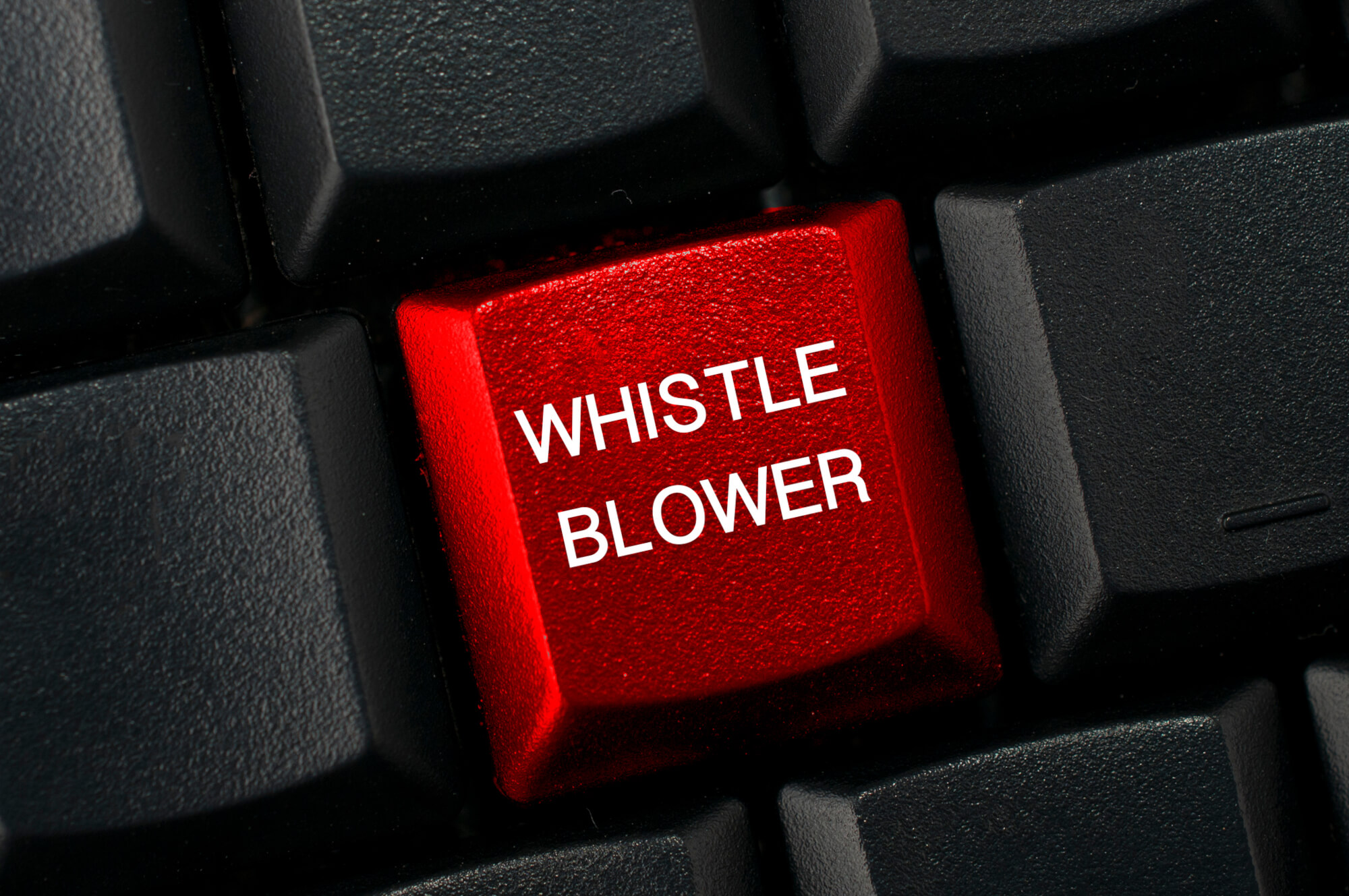Whistleblowing in Schools - Career Suicide?

Senior leaders and governors carry the ultimate accountability for safeguarding standards, ethical practice, and risk management in schools. A robust whistleblowing policy is a critical governance tool that enables staff to raise concerns about wrongdoing, malpractice, or risks to children’s safety without fear of reprisal.
The strength of this policy directly influences the school’s safeguarding culture and its ability to prevent harm before it occurs.
Statutory Framework and Governance Accountability
Whistleblowing protections are grounded in legislation such as the Public Interest Disclosure Act (PIDA) 1998 and align with key statutory guidance, including Keeping Children Safe in Education (KCSIE) and Working Together to Safeguard Children. Senior leaders and governors must ensure that:
- Staff understand their duty to report concerns in the public interest;
- Clear procedures exist for escalation, including external routes such as the Local Authority Designated Officer (LADO) and regulatory bodies;
- Whistleblowers are protected from detriment, discrimination, or retaliation;
- Records of whistleblowing concerns are monitored at board level and evaluated for any patterns of risk.
Good governance demands that whistleblowing is treated as a high-trust mechanism, not a compliance formality.
Whistleblowing Policy
The design of a high-quality, strong Whistleblowing policy should provide:
- Precise definitions of whistleblowing, differentiating it from complaints and low-level concerns;
- Multiple reporting pathways, including independent routes beyond line management structures;
- Protection and confidentiality with guarantees of clear actions to prevent harm to the whistleblower’s well-being and career;
- Transparent investigation processes with clear feedback loops and timelines;
- Alignment with safeguarding policies, including allegations against staff protocols;
- Regular induction and refresher training to embed expectations across the workforce.
The Role of Governors
Governors must review the whistleblowing procedure at least annually to ensure it remains fit for purpose.
It is important to recognise that whistleblowing often does not occur when it should. Leaders must address the cultural barriers that prevent disclosure, including:
- Fear of being marginalised or labelled as disloyal;
- Concerns that reporting issues results in negative performance management or blocked career progression;
- The belief that speaking up creates conflict and reputational damage for the school;
- Lack of trust that concerns will be taken seriously, investigated properly, or lead to change;
- A perception that poor practice is normal or unchangeable.
These barriers are not hypothetical. They are routinely cited in serious case reviews and inquiry reports where early warning signs were missed.
The ‘Career Suicide’ Perception in the Education Workforce
Within schools, whistleblowing is sometimes viewed as a high-risk act. The concept of ‘career suicide’ reflects widespread fears that:
- Professional standing will be undermined;
- Promotion and references could be jeopardised in a close-knit sector;
- Leaders may retaliate informally even where formal protections exist;
- Whistleblowers become socially isolated or excluded from decision-making.
Senior leaders and governors must recognise this perception and take decisive action to counter it. A workforce is far less likely to challenge unsafe, unethical, or abusive behaviours if they believe the personal cost will be significant.
Building a Safe Speaking-Up Culture
Senior leaders and governance boards should:
- Model integrity and openness, reinforcing that raising concerns is a professional responsibility;
- Monitor whistleblowing records at board level to identify emerging risks and cultural themes;
- Communicate positive outcomes where whistleblowing has driven improvement;
- Ensure external support routes, such as unions and independent helplines, are actively promoted;
- Treat whistleblowing as safeguarding-in-action, not confrontation.
For senior leaders and governors, a robust whistleblowing policy represents a fundamental component of safeguarding governance and organisational resilience. Its real purpose is preventative: to surface concerns early and enable corrective action before harm occurs. However, whilst robust policy documents are essential, accountability, empathy, fairness, and visible learning from concerns shape reporting culture and must be the norm.
When a workforce trusts that ‘speaking up’ is encouraged, valued, and safe, this results in stronger oversight, better professional accountability, and enhanced protection for children. Whistleblowing should never be perceived as ‘career suicide’; it is both a moral and statutory responsibility of those in leadership and governance roles.
SSS Learning
29 October 2025